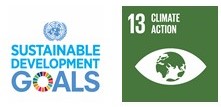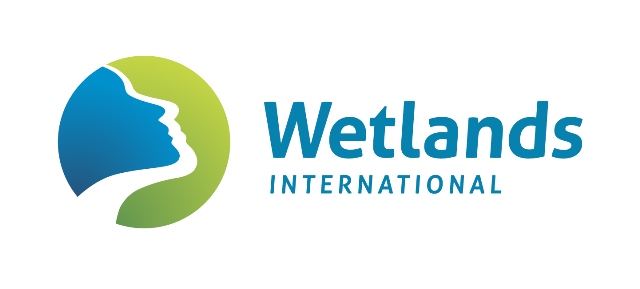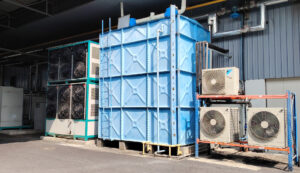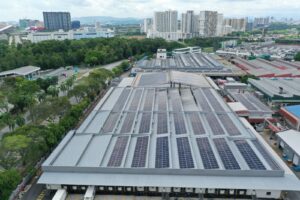Environmental Responsibility
Biodiversity

Our Approach
FY2025 Highlights
-
Planted 2,000 mangrove seedlings
at Sabak Bernam
-
97% survival rate
after six months
-
92.9% of palm oil produced
is certified with MSPO
7,000
mangrove seedlings planted
97%
of the survival rate
430
volunteers participated
Note: Performance since FY2022.
Mangrove Conservation Programme
Mangroves play a crucial role in supporting biodiversity, acting as natural habitats for numerous marine and terrestrial species while protecting coastlines and maintaining ecological balance. In line with our commitment to conservation of important ecosystem, we set a Group-wide target in FY2022 to plant 10,000 mangrove saplings.
Continuing our efforts, on 19 October 2024, we planted an additional 2,000 saplings in collaboration with the Selangor State Forestry Department and Wetlands International. This brought the cumulative total under our mangrove planting initiative to 7,000 saplings. The planting involved 133 participants, including 113 QL employees and their family members, along with 20 representatives from the Selangor State Forestry Department. After six months, the survival rate stood at 97%.
To further support the healthy development of these mangroves, we have increased our monitoring frequency from biannual to monthly. This proactive approach allows us to promptly address any emerging issues, ensuring the saplings thrive and deliver long-term environmental benefits.
At East Malaysia, our long-standing mangrove conservation work in Sabah has also made a significant impact. Since 2015, we have been working with the Sabah State Forestry Department on mangrove restoration initiative in Kudat. Over the years, it successfully resulted in the planting of more than 10,300 saplings, significantly contributing to shoreline protection and the rehabilitation of critical coastal ecosystems.



Our Collaboration Partner

Explore More Environmental Impact Stories

Rainwater Harvesting
As part of our ongoing commitment to water conservation, we continue to harvest rainwater for non-potable use, capturing runoff that

Renewable Energy
To further reduce our GHG emissions and reliance on fossil fuels, we continued to expand our renewable energy portfolio in